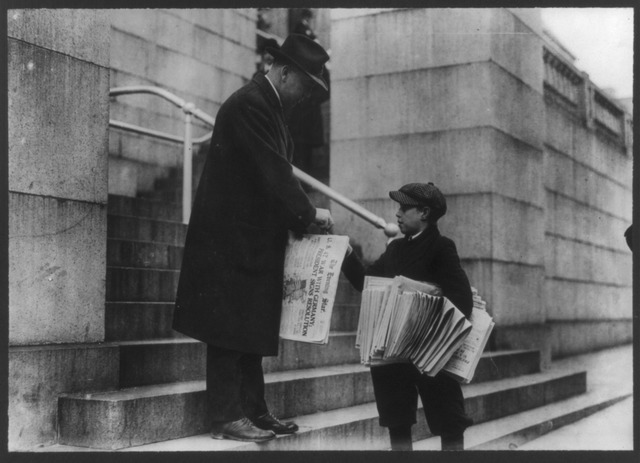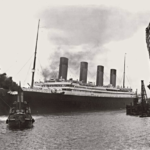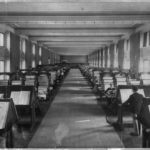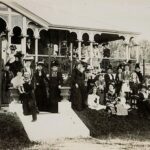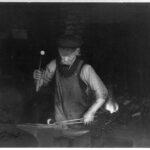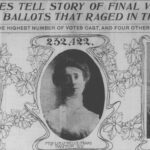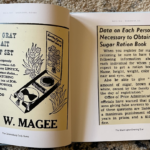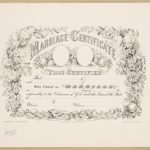Guest Post by Kenneth R. Marks of The Ancestor Hunt
In my opinion, online newspaper research is more of an art than a pure science. However, that does not mean that it should be undisciplined. On the contrary, the best way to waste your time is to perform research with no discipline. Sure, when you get a new name in your tree (or not yet in your tree), it is fun to just enter a name in a generic search box and fire away.
But you need to keep track of your searches, your varying search criteria, and your results. Documentation is the key to success. And that is why a Research Log is so important. The next page includes a newspaper research log template. You should be using it or a variation if you wish to personalize it for your own use.
Here are the elements of a useful Newspaper Research Log:
- Name or Event— Enter the name of the person or the title of the event for which you are searching.
- Goal— What is the goal of the search or the objective? For example, are you searching for wedding information for Jane Doe?
- Date Range for Search— Enter the date range. For example, if you think what you are looking for occurred in 1920-1925, enter that date range. You can certainly enter a more exact range such as January 15, 1946, to July 15, 1946.
- Location(s)— What geographical areas do you intend to search in?
- Search Term(s)— Enter the search terms you are using in your search criteria. You can enter spelling variations or the addition of titles in this box or use a separate box further below in the log for entering these variations.
- Success— Enter a Y or N. It is also important to record whether a search failed to respond with any results or non-pertinent results.
- Date of Search— When did you conduct the search?
- Newspaper Database Searched— If it is a subscription site such as NewspaperArchive, enter that; or a free database, such as Virginia Chronicle, enter that. If it is a local library site that has several local titles, enter the library name; or if you are just searching one random title in a database all its own, enter that title.
- URL of Results— If you achieve a positive result and are downloading a clipping or PDF of an entire page, enter the URL of the result. This allows you to go back and review all the results. If you are just downloading a clipping, it allows you to go back and review the entire page for additional reference. This is one of the reasons why I always recommend downloading the entire page in PDF format. The URL should be included in your source citation.
- Newspaper Title— What is the title of the newspaper that you have results for? If there are multiple editions, make sure you document which edition it is.
- Newspaper Date— What is the date of publication of the newspaper?
- Page #, Column #— Enter the page number of the issue of the paper that has the article(s) that you are saving or referring to. Entering the column number is helpful if you download the entire page as a PDF and the results are not highlighted in color. It is easier to locate later.
- Filename Page PDF— If you save the page PDF to your local computer or in the cloud, enter the filename so that you can locate it.
- Filename Clipping— If you clip the article to save it as an image file to your local computer or in the cloud, enter the filename so that you can locate it.
- Comments— Room for any comments you wish to record.
Free Newspaper Log Resources from The Ancestor Hunt
Are you ready to try it yourself? Here are two free resources to get you started:
- Interactive spreadsheet log for your personal use
- PDF version of the log for your personal use
Try NewspaperArchive Free for 7 Days
Ready to try your hand at using a newspaper research log to search? Head to NewspaperArchive.com for a 7-Day Free Trial to see what you can uncover in our newspaper collection.
